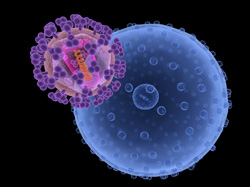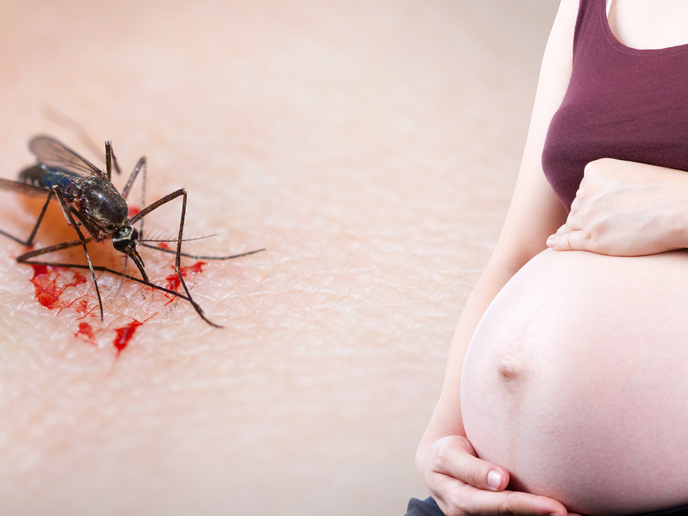Natural control of HIV
The discovery of individuals with HIV that remain healthy without medication, around five percent of all cases, has led research to investigate the genetic basis behind this phenomenon. A collaborative European and African approach by the EU-funded 'Genetic and immunological studies in HIV+ European and African long term non progressors' (Gisheal) project has identified novel genetic sequences in this unique group of survivors. Gisheal researchers performed a genome-wide association study (GWAS) on just short of 150 LTNP individuals. Able to spontaneously control HIV replication in the absence of antiretroviral therapy, the aim was to compare their genes with a control group of some 600 infected patients with no specific pattern of disease development. The team looked at single nucleotide polymorphisms (SNPs), differences in DNA at a one building block (nucleotide) level. Forty-seven SNPs made the difference between the genomes of the control group and the LTNP cohort. The allelic variations are located on the major histocompatability complex (MHC) area of the genome, associated with both the innate (natural) and adaptive immune systems. Confirming the results of previous studies, Gisheal found that the MHC Class I locus was crucial to the delay of HIV disease progression. Interestingly, the Class I gene sequence is particularly important for adaptive T lymphocyte response to infection that prompts the destruction of infected cells. Gisheal also found that the Class III MHC stretch of DNA is important. This locus codes for genes involved in the innate immune response to infections that appears to be directly associated with the LTNP condition. Gisheal is the first collaborative study to create a database with relevant genetic information from both European and African LTNPs. Information on candidate genes that help to fight HIV naturally offers new hope in the development of effective vaccines.







